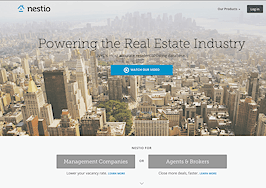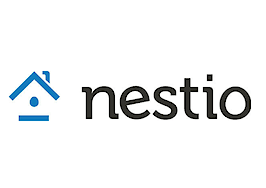- NYC brokers can pay for access to Nestio's rental listing database, which immediately reflects internal listing updates made by landlords and property managers.
- A provider of rental management software, Nestio is expanding to markets including Washington, D.C., Boston, Chicago and Miami.
- Nestio says landlords and property managers using its software represent 40 percent of residential rental listings in NYC.
Nestio, the provider of a rental management platform and listing database, has raised an additional $8 million to grow its products and branch out from New York City into markets including Washington, D.C., Boston, Chicago and Miami.
Nestio serves residential landlords, property managers and rental brokers. The startup’s leasing management platform lets landlords or property managers manage rental inventory, track leads and deals and seamlessly feed listings to listing portals, such as Zillow, Trulia and StreetEasy, and blast out emails to rental brokers. (Nestio says it reaches 80 percent of New York City brokers.)
Long-time users of Nestio have seen their vacancy rates drop from about 4 percent or 5 percent to 1 percent, according to CEO Caren Maio. That may help explain why landlords and property managers using Nestio now represent a claimed 40 percent of NYC rental inventory.
[Tweet “Nestio says it reduces landlords’ vacancy rates to 1%”]
The widespread adoption has enabled Nestio to build a large database of rental listings that it’s made available to brokers for a subscription fee.
When landlords update their inventory in Nestio’s listing management platform, Nestio immediately updates those listings in its database, meaning brokers can see listing updates the second they are made by landlords or property managers.
Broker subscribers also can use Nestio to store leads, send listings to customers, post listings to consumer-facing websites, like Craigslist, and track deals.
In addition to fueling Nestio’s expansion into new markets, the startup’s new funding will help it work on providing more analytics to clients, such as vacancy losses to landlords and lead sources to brokers, and building out its customer relationship management system by incorporating features like an appointment-scheduling tool.
The funding round was led by Trinity Ventures. Other investors who participated include Freestyle Capital, Joanne Wilson, David Cohen and Mike Lazerow.
Will cognitive computing be their next step?






